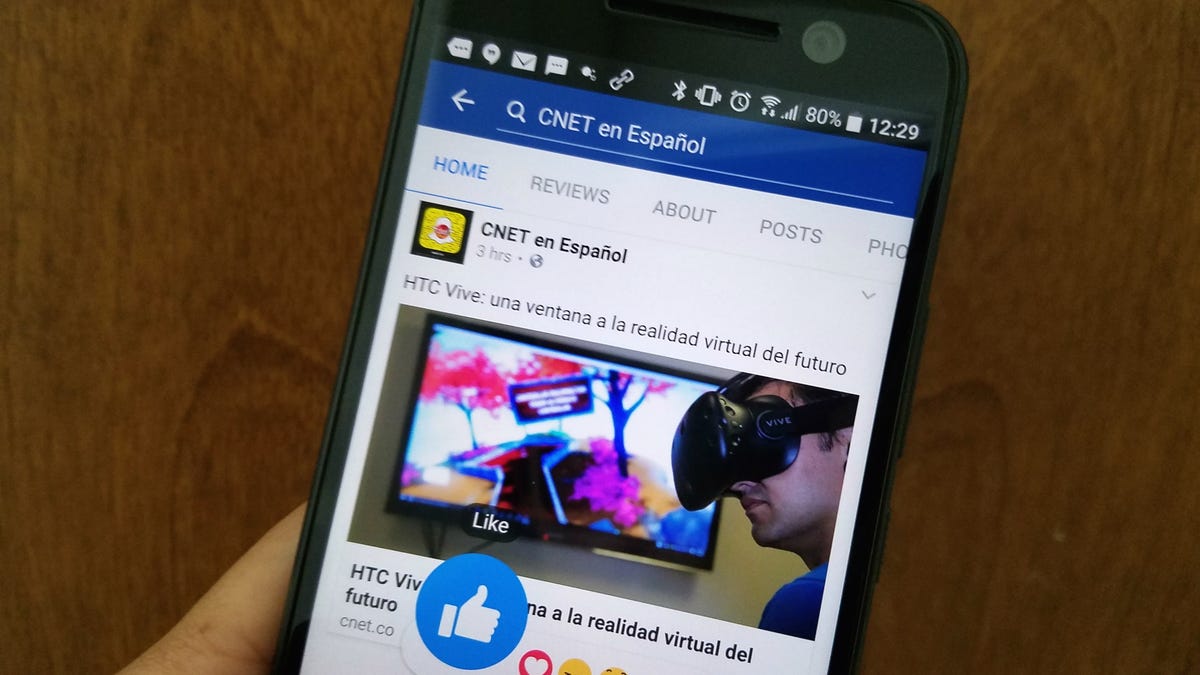Facebook wants your News Feed to run faster
Web pages that load faster on the company's mobile app will be more likely to show up at the top of your News Feed.
Facebook wants the internet to feel faster, and it's using its power as the world's largest social network to make that happen.
Starting next month, Facebook will begin filtering articles in your News Feed to punish sites that load more slowly and reward ones that are faster.
The reason why is that it's simply what people want, said Greg Marra, product manager on Facebook's News Feed team. Slow links were one of the biggest pet peeves of Facebook users sending feedback to the company, he added.
"It can be frustrating when that link takes a long time to load," he said.
There's good reason to do this. One survey by Aberdeen Group, a tech consultancy, found that nearly half of website visitors will leave if a page takes more than three seconds to load. Now Facebook is taking it a step further, punishing sites that take too long in an effort to keep you turning to its feed.
Facebook isn't the only company throwing its weight around to force change on the web. Two years ago, Google altered its mobile search results to show only links to pages that look good on a smaller screen. The effort became such a drama that it was popularly known as "mobilegeddon."
Of course, Facebook isn't deciding a page's worth by its load time. The company uses thousands of signals, like what you comment or click "like" on, to determine what goes into your news feed in the first place. That mix has helped make Facebook the largest social network in the world, used by more than 2 billion people at least once a month. It's also, however, fueled criticism that the feed leads people to be shown only news from sources they like.
That said, Marra said links from slower sites won't disappear completely.
"If there's something from a slower website, but we think that it's really relevant for you, that's still something that you'll see on your feed," Marra said. "But our hope is that overall, this will help address the feedback we've been getting from people that some things are taking too long to load on the phone."
Facebook said it's making the announcement a month early so publishers have time to make any needed changes to their sites. It's also putting together a list of tips on its media blog for making websites faster and more mobile-friendly.
"Hopefully, this change will help people see more of what they're interested in," Marra said.


